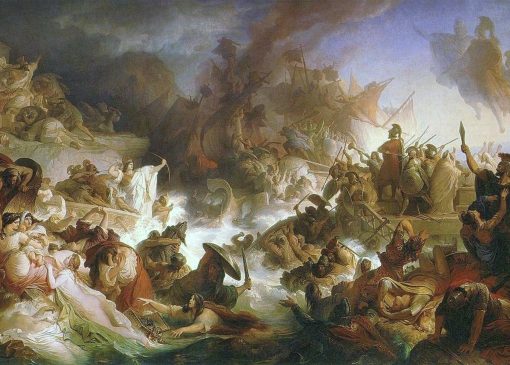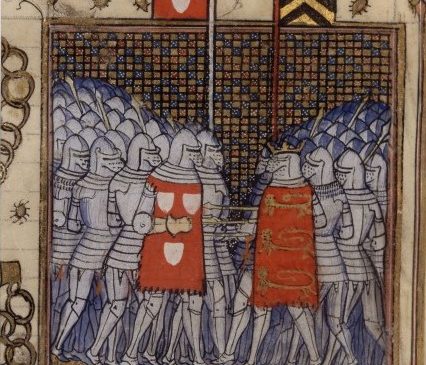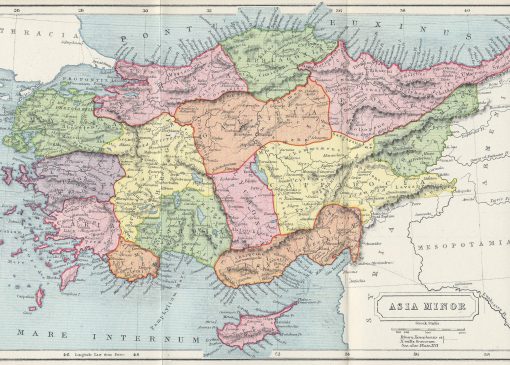
Baylor University | The Development of International Relations Thought
Professor David Clinton’s course examines the underlying nature of international politics. That is, it asks what the basic reality is at which we look when we try to describe the forces that drive international relations. Is that reality fundamentally conflictual or not? Is it ultimately governed by any rules? Who or what are its most important participants? Is it best described as a society, a community, or an anarchy? In trying to answer these questions, the course will also necessarily deal with specific aspects of international politics, such as the balance of power, the causes of war, international law, nationalism, and globalization. We shall examine three views of what constitutes international relations, illustrating these schools of thought by examining the writings of analysts who may be said to exemplify each tradition over a wide span of time. Therefore, although the implication of our attention to these authors is that their thoughts have relevance to contemporary issues, the course will not be limited to currents in today’s international relations. Indeed, the grounding assumption of the course is that what has been written about international relations over centuries continues to have relevance in the present.






